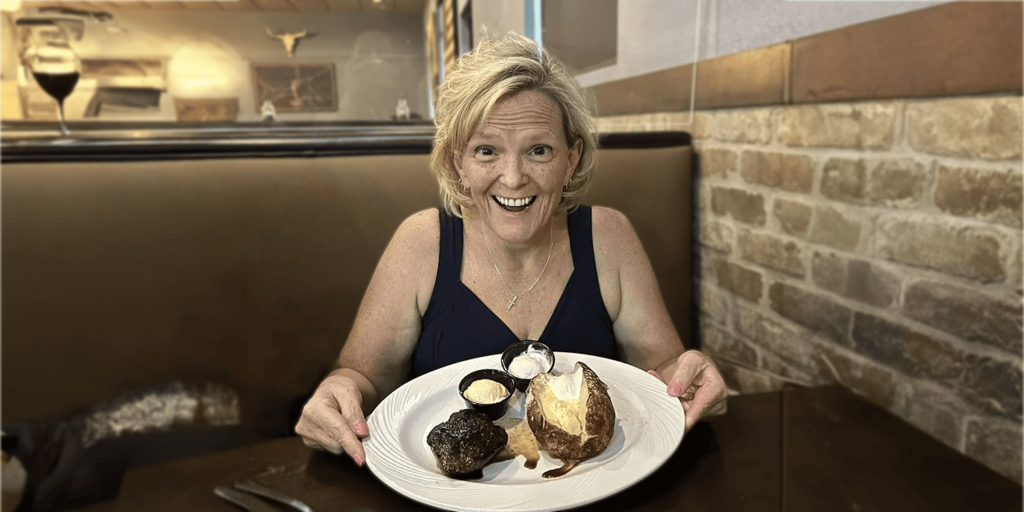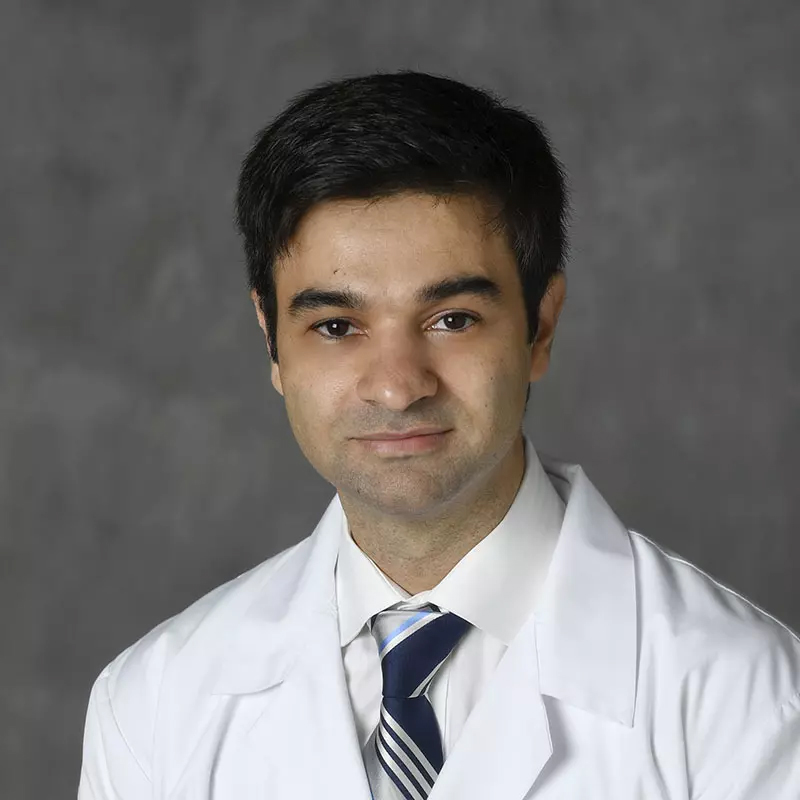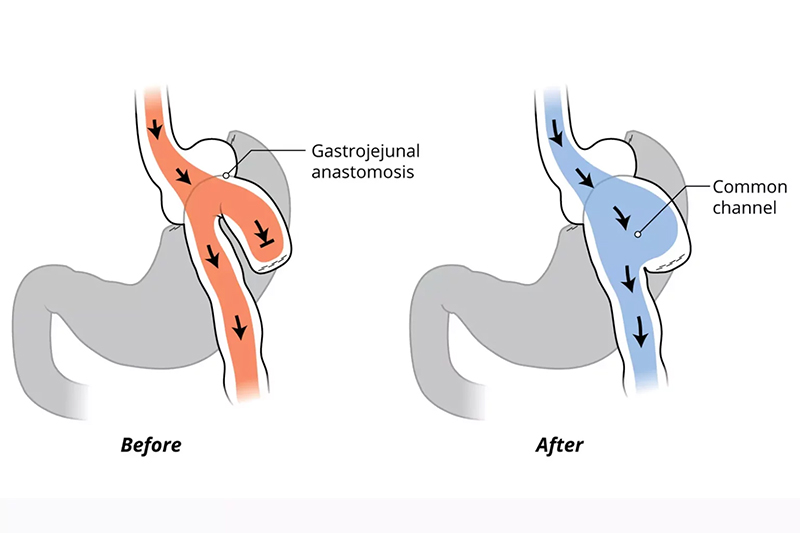Breakthrough Surgery Enables Patient to Eat Normally Again
She celebrates getting her life back after more than a year of intravenous nutrition.
October 26, 2023 | Florida, United States | Kristi Powers, AdventHealth, and Adventist Review
“This surgery has given me my life back,” said Rene Galloway, 52, a former nurse who worked in the emergency room at AdventHealth Celebration.
She’s had nine surgeries over the last 13 years, which left her getting nourishment through an intravenous (IV) line on and off for about a year and a half during that time. Because of her many surgeries, doctors told her she was a poor candidate for future surgeries. Gastroenterologist Kamibiz Kadkhodayan, at AdventHealth’s Center for Interventional Endoscopy, became her last resort.

Advent Health patient Rene Galloway celebrates her birthday with a family dinner, something she hasn’t been able to do due to her problems eating. [Photo: AdventHealth News]
Galloway recently became the first recipient in the world to have a brand-new procedure dubbed “Candy Cane,” because of the shape of the small bowel before the procedure. A problematic portion of the bowel, which looks like the curved end of the candy cane, is reduced in size by using a repurposed endoscopic device. This is followed by a second procedure where a channel for food is created. Both procedures are done without the need for traditional surgery by using an endoscope and other FDA-approved devices.
After discussing it with Galloway and her husband, they decided to move forward with the surgery. Ready to try anything, she underwent the first of two back-to-back procedures in March 2023.
“When Doctor K. came into the room, he sat down with my husband and I and took the time to sketch these drawings detailing the surgery and how he was going to help me,” Galloway said. “I’ve never seen that from a physician and we both had tears in our eyes because we knew Doctor K. was in it for me and would do whatever it took to give me a normal life again.”
Using an original two-step endoscopic procedure, Kadkhodayan and his team were able to treat Galloway’s condition, with no incisions.

Kamibiz Kadkhodayan is a Gastroenterologist at the AdventHealth Center for Interventional Endoscopy in Central Florida and the first physician to perform the “Candy Cane” procedure. [Photo: AdventHealth News]
To say the past several months have been life changing for Galloway would be an understatement. When she came to AdventHealth for her first procedure, she had been on IV nutrition for about three months because she couldn’t always keep food down. After her second procedure, she left the hospital and ate her first meal, savoring every bite. She has been able to eat food normally ever since.
“I don’t have to keep nausea medicine and grocery bags on hand anymore in case I got sick,” Galloway said. “I don’t have to rely on Google maps to plan my route based on where gas station bathrooms are anymore.”
Candy Cane Syndrome refers to patients, like Galloway, who have undergone gastric bypass and develop significant and sometimes debilitating abdominal discomfort. Symptoms typically begin after eating and can often only be relieved by vomiting.

Before and after diagram showing the brand-new procedure called an Endoscopic Blind Limb Reduction with Septotomy, also known as a “Candy Cane” procedure. [Photo: AdventHealth News]
“We’ve been able to offer it to four more patients who have done just as well,” Kadkhodayan said. “I can’t tell you how rewarding and satisfying it is as a physician to know that we’ve described a procedure that may help countless patients in the future.”
Kadkhodayan credits the multidisciplinary approach at AdventHealth for the success of the groundbreaking procedure. By having various subspecialities all sitting together at the table discussing Galloway’s situation, it allowed for more innovation and improved lives for their patients.
“Doctor K. gave me hope. It was another trip to the bathroom to get sick, another trip to the hospital and this surgery has allowed me to go back to work full time and spend time with my family again. I can now go out to restaurants and have family dinners and beach days again,” Galloway said.
It’s been a long, sometimes painful, journey for Galloway since her first gastric bypass surgery in 2009, but she’s now able to keep food down and lead a more normal life thanks to this innovative surgery. She hopes to be the model patient and adopt a healthier lifestyle after surgery by eating the right foods and exercising to fully enjoy her second lease on life. The original version of this story was posted on the AdventHealth news site.